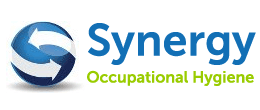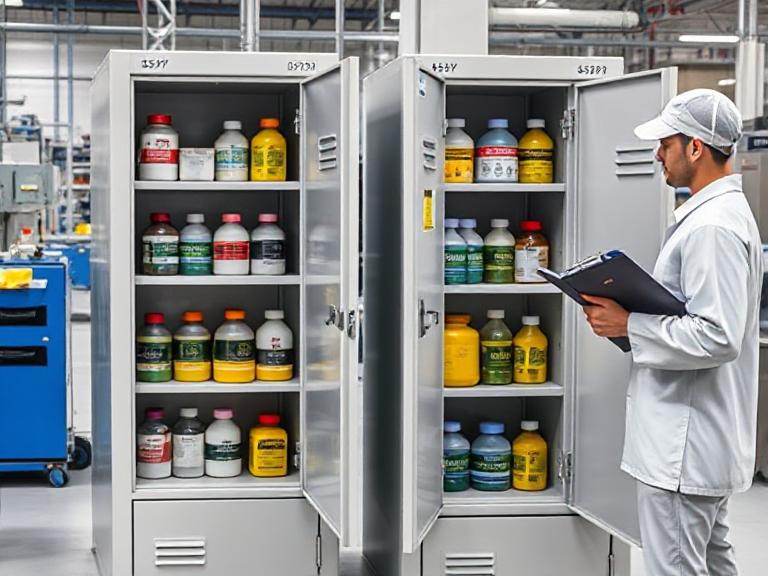COSHH Employees’ and Employers’ Responsibilities: A Clear Guide
This article aims to provide a clear guide to COSHH employees’ and employers’ responsibilities.
The Control of Substances Hazardous to Health (COSHH) Regulations 2002 are vital to ensuring health and safety in the workplace. Understanding your COSHH responsibilities is essential whether you are an employee, employer, or even self-employed. This blog explores COSHH employers’ responsibilities and COSHH employees’ responsibilities and answers common questions such as: within the workplace, who is responsible for COSHH? And does COSHH apply to self-employed individuals?
What is COSHH?
COSHH is a UK regulation designed to protect people from the health risks posed by hazardous substances in the workplace. These substances can include chemicals, fumes, dusts, vapours, biological agents, and more.
Employers, employees, and self-employed individuals all have a role to play in managing COSHH risks. Let’s break down these responsibilities.
For more information about COSHH specifics, please visit:
COSHH Assessment | COSHH Compliance
COSHH Employers’ Responsibilities
Employers hold the primary legal duty under COSHH. Their responsibilities include:
- Risk Assessment: Identifying hazardous substances and evaluating the risks they pose.
- Control Measures: Putting in place measures to prevent or reduce exposure.
- Information and Training: Ensuring that employees are informed about risks and trained to work safely.
- Monitoring and Health Surveillance: Checking that controls are working and monitoring employee health where necessary.
- Emergency Planning: Having procedures in place for accidental spills or exposure.
In short, COSHH employers’ responsibilities revolve around creating a safe environment and protecting employees from harm.
COSHH Employees’ Responsibilities
Employees also play a crucial role. Under COSHH, their responsibilities include:
- Using Control Measures Properly: Following procedures and using PPE (personal protective equipment) correctly.
- Reporting Issues: Informing management about any defects in control measures or exposure incidents.
- Attending Training: Participating in health and safety training provided by the employer.
- Working Safely: Co-operating with the employer to meet COSHH requirements.
These COSHH employees’ responsibilities ensure that everyone contributes to a safer workplace.
Within the Workplace, Who is Responsible for COSHH?
The ultimate responsibility lies with the employer, but compliance is a shared effort. While the employer must carry out assessments and implement controls, employees must follow guidance and report problems. In short, within the workplace, who is responsible for COSHH? The answer is: everyone—but the employer bears the primary legal obligation.
Does COSHH Apply to Self-Employed Individuals?
Yes, it does. The COSHH Regulations 2002 apply to self-employed individuals if their work could expose themselves or others to hazardous substances. This means self-employed workers must:
- Assess the risks of hazardous substances they use.
- Implement suitable control measures.
- Ensure they don’t pose a risk to others, including clients or members of the public.
So, if you’re wondering, does COSHH apply to self-employed individuals?—the answer is a firm yes.
Summary: COSHH Employees’ and Employers’ Responsibilities
Understanding COSHH employees’ and employers’ responsibilities is essential for maintaining a safe and legally compliant workplace. Employers must lead the way in assessing and managing risks, but employees and self-employed individuals have a duty to protect themselves and others too.
By working together, all parties can reduce the risk of illness and injury caused by hazardous substances.



